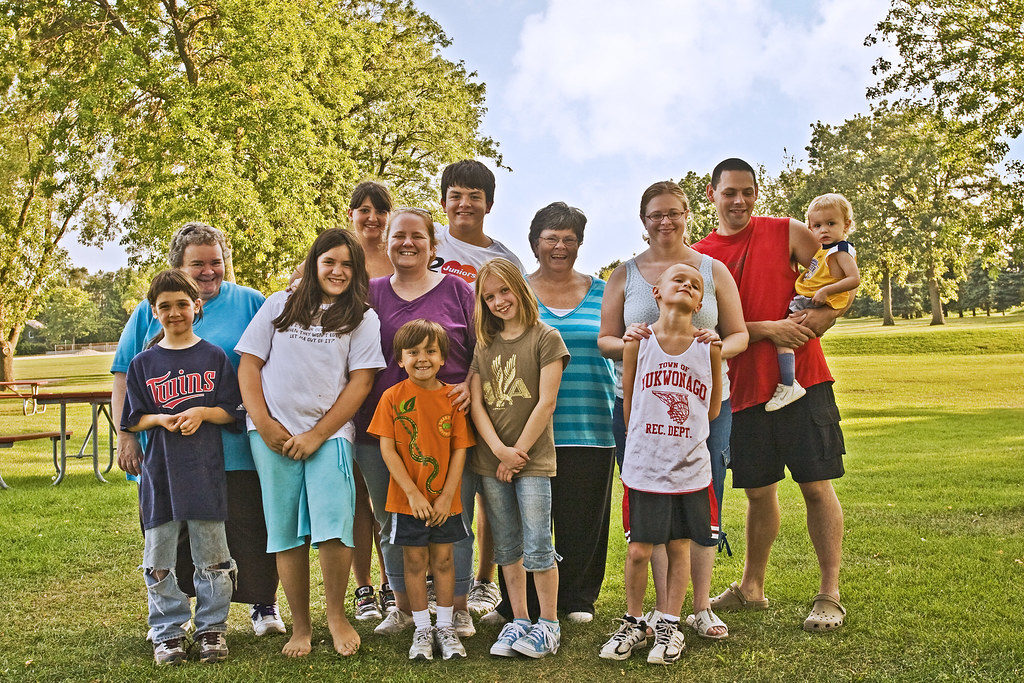SHARES

“Last year ago, my mum broke the news that she and our dad were divorcing.I never expected something like this to happen. It was a bombshell, shattering the family dynamics completely. The childlike emotional reliance on my mum, flipped to that of listening, and supporting her. Meanwhile my dad and I, grew frighteningly distant, our close relationship ripped apart. I was overwhelmed and torn by my thoughts and feelings. Everything felt like it was falling apart, I fell into depression. I finally listened to my aunt’s advice and was helped by a therapist. I wish I knew sooner that it’s OK to need and seek out help.” recounted Lina 17 years, a high school student.
“Weathering such devastating breakups and upheavals can turned a previously healthy family into chaos!”
Family Health influences General Health of its Members
Being social animals, we don’t survive and live well in isolation. A family is a small social unit in which we thrive. Our family health influences our general health and well-being greatly throughout our lifetime. The genes that we inherit from our parents, the family dynamics and relationships, and the environment we live in, all play an important role in determining the family health and wellness of each member. Disruption in a healthy family dynamics greatly impacts the well being of its family members.
Challenges to Overcome for Happy and Healthy Family
1. Being oneself vs being together
Everyone of us are unique and separate individuals. Therefore it is a blessing to have family who spend time and live together, understand and care about each other. However, the challenge lies within everyone of us – the inner struggle to achieve a balance between being oneself and yet being together as one family.
2. Changing family dynamics
The second most common struggle is changing family dynamics and environment. Each family goes through different phases. Having a great and healthy family at one phase does not ensure continual bliss of the same during later phases. For instance, we are elated when we start a family and see it grows. A new baby arrives, then another, the children start schooling, you taking up or letting go of jobs. Before long, the children grow up, they start working, socializing and getting into relationships, expanding into a new extended family, afterward we age and get old & infirm.
Just as there are lots of blessings as we grow in the family, there are also much losses to mourn as we move through different phases of family life. Such as unfulfilled dreams, losing agility of youth, failing attractiveness, loss of authority over children, illnesses, physical decline and loss of independence as we face our mortality. Learning to accept and adapt with resilience to new phases of family life is important to meet these challenges.
Tips for improving Family Health & Well Being
1. Home cooked healthy meals
Generally, high blood pressure, diabetes mellitus, high cholesterol, heart attack, obesity and stroke are common health issues that run in the family. The reasons are partly genetic, and partly due to our lifestyle. By preparing food at home, we decide and are aware of the amount of nutrients, salt, sugar and fat we put into our plates. Also, by going grocery shopping and preparing food together with our children, we instill healthy food choices at a young age. The family spends time shopping, cooking and most importantly, enjoying the meal together over a time of communion and bonding. All these provide opportunities for interaction as well as healthy common space for team activities – fostering a sense of belonging.
2. Going out together
Each family member may enjoy different leisure activities. Finding a common activity for all can be challenging. Go on a road trip, picnic, recreational and theme park, mall and even on a vacation together. Happiness, excitement, and relaxation are all good energy to share with family members. This creates more good moments and memories together. It is important to note that everyone need not stick together throughout the trip. Give enough time, space and freedom for everyone to enjoy their own interests. Spend quality time when together.
3. Good communication and listening
To begin with, set time aside and make it a priority to communicate and listen. Living together will inevitably lead to compromised needs and repressed emotion. If not handled properly, these can lead to sudden toxic outrage, passive aggression, self-denial, low self-esteem, people pleasing, blaming and manipulation. Promote and demonstrate the habit of listening, understanding and negotiating to meet each other needs. For example, if our children blame us for something we are not, take it and accept them with serenity. Hear them out, understand where they come from and take care of their needs while standing your ground. The reverse is also true when parents blame children for their own vulnerabilities. Good habit is influential and so does bad habit. Discipline yourself to work on priorities.
4. Everyone in they family should establish own circle of support
As a rule, the circle of people you associate with make you who you are and keep you grounded. This makes us free, independent, whole, and most importantly, able to depend on our family voluntarily. If we can truly trust and accept ourselves, we will be able to trust our family wholeheartedly.
However, it is not healthy to discuss your marital and financial issues with children who are still dependent on you. Being subject to your parental authority, they are vulnerable and at the same time lacking their own support and identity to cope with the stress. This is also a warning sign that your life is out of balance and you struggle to find the support you need. You become dependent on your children. The reverse is also true when your children cannot form their own identity and is dependent on you for decision making even when they are all grown up.
Conclusion
Family gives us a sense of belonging in this world. It is a blessing but can be full of challenges. If we face these challenges with grace, they become nourishment for healthier and stronger family ties. Love yourself more to love your family.
Find a GP/Family Doctor in Malaysia, on GetDoc
Find a GP/Family Doctor in Singapore, on GetDoc
References:
1. Family health [CDC]. Center for Disease Control and Prevention. 2018 [Available from: https://www.cdc.gov/family/; last updated on 2018 Mar 15; last accessed on 2019 Jul 19]
2. Weiss J. Family health. International Encyclopedia of the Social & Behavioral Sciences. 2001;5324-5328:doi.org/10.1016/B0-08-043076-7/03835-3.
by Chang Xian
View all articles by Chang Xian.








